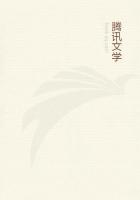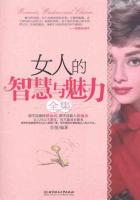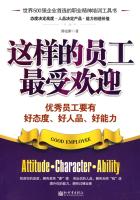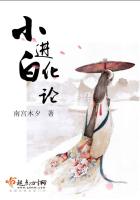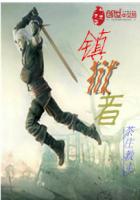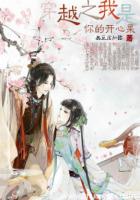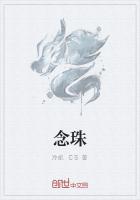for the grandeur of his character, the heroism of his struggles, and the posthumous influence of his deeds. He was too great a man to be called by his papal title. He is best known by his baptismal name, Hildebrand, the greatest hero of the Roman Church. There are some men whose titles add nothing to their august names,--David, Julius, Constantine, Augustine. When a man has become very eminent we drop titles altogether, except in military life. We say Daniel Webster, Edward Everett, Jonathan Edwards, Thomas Jefferson, Benjamin Franklin, William Pitt. Hildebrand is a greater name than Gregory VII., and with him is identified the greatest struggle of the Papacy against the temporal powers. I do not aim to dissect his character so much as to present his services to the Church. Iwish to show why and how he is identified with movements of supreme historical importance. It would be easy to make him out a saint and martyr, and equally so to paint him as a tyrant and usurper.
It is of little consequence to us whether he was ascetic or ambitious or unscrupulous; but it IS of consequence to show the majestic power of those ideas by which he ruled the Middle Ages, and which will never pass away as sublime agencies so long as men are ignorant and superstitious. As a man he no longer lives, but his thunderbolts are perpetual powers, since they still alarm the fears of men.
Still, his personal history is not uninteresting. Born of humble parents in Italy in the year 1020, the son of a carpenter, he rose by genius and virtue to the highest offices and dignities. But his greatness was in force of character rather than original ideas,--like that of Washington, or William III., or the Duke of Wellington. He had not the comprehensive intellect of Charlemagne, nor the creative genius of Peter of Russia, but he had the sagacity of Richelieu and the iron will of Napoleon. He was statesman as well as priest,--marvellous for his activity, insight into human nature, vast executive abilities, and dauntless heroism. He comprehended the only way whereby Christendom could be governed, and unhesitatingly used the means of success. He was not a great scholar, or theologian, or philosopher, but a man of action, embracing opportunities and striking decisive blows. From first to last he was devoted to his cause, which was greater than himself,--even the spiritual supremacy of the Papacy. I do not read of great intellectual precocity, like that of Cicero and William Pitt, nor of great attainments, like those of Abelard and Thomas Aquinas, nor even an insight, like that of Bacon, into what constitutes the dignity of man and the true glory of civilization; but, like Ambrose and the first Leo, he was early selected for important missions and responsible trusts, all of which he discharged with great fidelity and ability. His education was directed by the monks of Cluny,--that princely abbey in Burgundy where "monks were sovereigns and sovereigns were monks." Like all earnest monks, he was ascetic, devotional, and self-sacrificing. Like all men ambitions to rule, "he learned how to obey." He pondered on the Holy Scriptures as well as on the canons of the Church. So marked a man was he that he was early chosen as prior of his convent; and so great were his personal magnetism, eloquence, and influence that "he induced Bruno, the Bishop of Toul, when elected pope by the Emperor of Germany, to lay aside the badges and vestments of the pontifical office, and refuse his title, until he should be elected by the clergy and people of Rome,"--thus showing that at the age of twenty-nine he comprehended the issues of the day, and meditated on the gigantic changes it was necessary to make before the pope could be the supreme ruler of Christendom.
The autocratic idea of Leo I., and the great Gregory who sent his missionaries to England, was that to which Hildebrand's ardent soul clung with preternatural earnestness, as the only government fit for turbulent and superstitious ages. He did not originate this idea, but he defended and enforced it as had never been done before, so that to many minds he was the great architect of the papal structure. It was a rare spectacle to see a sovereign pontiff lay aside the insignia of his grandeur at the bidding of this monk of Cluny; it was grander to see this monk laying the foundation of an irresistible despotism, which was to last beyond the time of Luther. Not merely was Leo IX. his tool, but three successive popes were chosen at his dictation. And when he became cardinal and archdeacon he seems to have been the inspiring genius of the papal government, undertaking the most important missions, curbing the turbulent spirit of the Roman princes, and assisting in all ecclesiastical councils. It was by his suggestion that abbots were deposed, and bishops punished, and monarchs reprimanded. He was the prime minister of four popes before he accepted that high office to which he doubtless had aspired while meditating as a monk amid the sunny slopes of Cluny, since he knew that the exigences of the Church required a bold and able ruler,--and who in Christendom was bolder and more far-reaching than he? He might have been elevated to the chair of Saint Peter at an earlier period, but he was contented with power rather than glory, knowing that his day would come, and at a time when his extraordinary abilities would be most needed. He could afford to wait; and no man is truly great who cannot bide his time.

